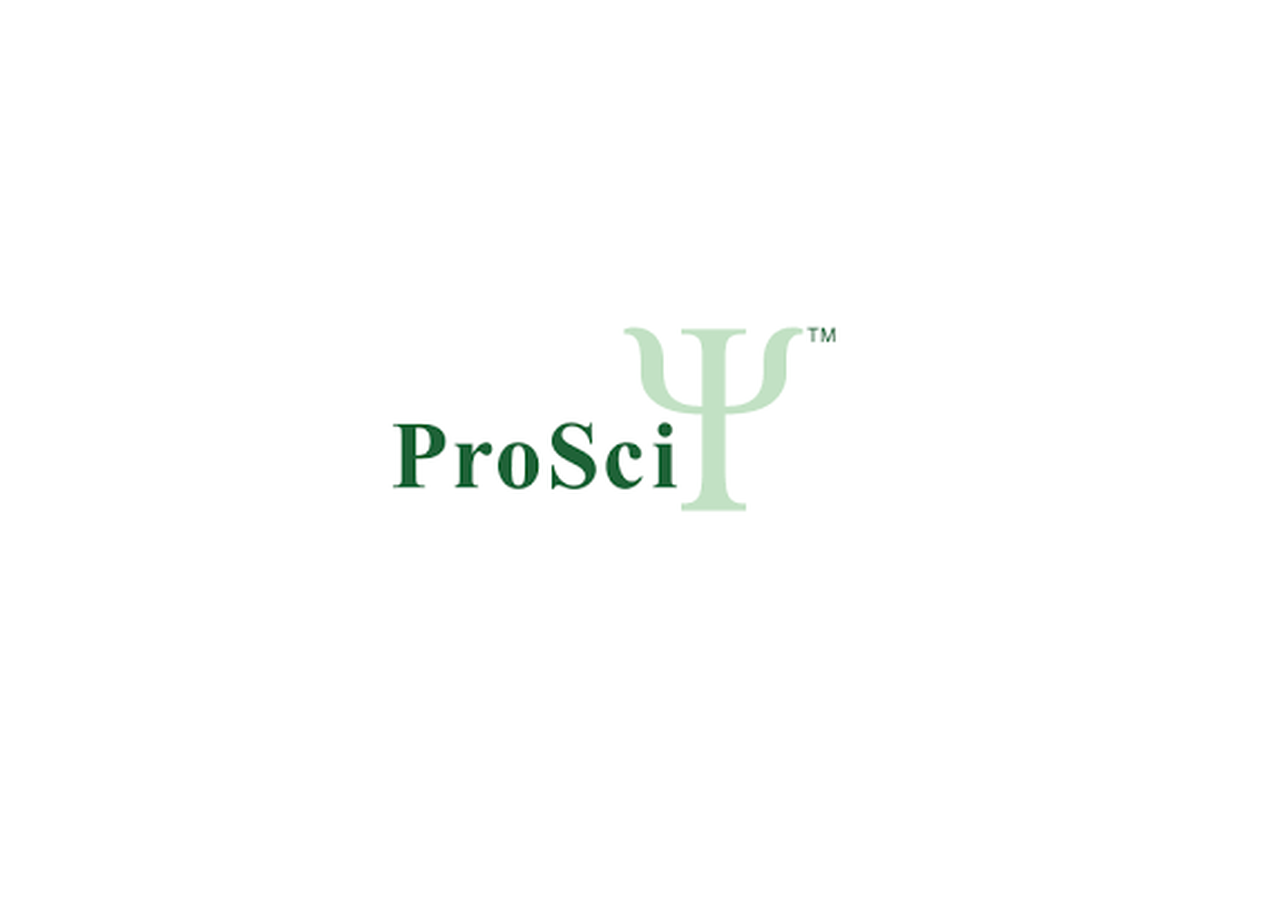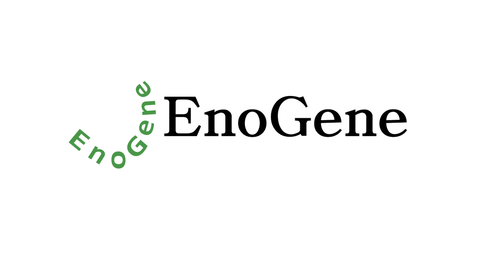Product Description
SRSF3 Antibody | 8179 | ProSci
Host: Rabbit
Reactivity: Human, Mouse, Rat
Homology: Predicted species reactivity based on immunogen sequence: Bovine: (100%)
Immunogen: SRSF3 antibody was raised against a 19 amino acid peptide near the center of human SRSF3.
The immunogen is located within amino acids 80 - 130 of SRSF3.
Research Area: Homeostasis, Cancer
Tested Application: E, WB, ICC, IF
Application: SRSF3 antibody can be used for detection of SRSF3 by Western blot at 1 - 2 μg/ml. Antibody can also be used for Immunocytochemistry starting at 2 μg/mL.
For immunofluorescence start at 2 μg/mL.
Antibody validated: Western Blot in human samples; Immunocytochemistry in human samples and Immunofluorescence in human samples. All other applications and species not yet tested.
Specificiy: SRSF3 antibody is human, mouse and rat reactive.
Positive Control 1: Cat. No. 1204 - K562 Cell Lysate
Positive Control 2: N/A
Positive Control 3: N/A
Positive Control 4: N/A
Positive Control 5: N/A
Positive Control 6: N/A
Molecular Weight: Predicted: 18 kDa
Observed: 19 kDa
Validation: N/A
Isoform: N/A
Purification: SRSF3 antibody is affinity chromatography purified via peptide column.
Clonality: Polyclonal
Clone: N/A
Isotype: IgG
Conjugate: Unconjugated
Physical State: Liquid
Buffer: SRSF3 antibody is supplied in PBS containing 0.02% sodium azide.
Concentration: 1 mg/mL
Storage Condition: SRSF3 antibody can be stored at 4˚C for three months and -20˚C, stable for up to one year.
Alternate Name: Serine/arginine-rich splicing factor 3, Pre-mRNA-splicing factor SRP20, SFRS3, Splicing factor arginine/serine-rich 3, SRP20
User Note: Optimal dilutions for each application to be determined by the researcher.
BACKGROUND: SRSF3, a member of the serine/arginine (SR) -rich family of pre-mRNA splicing factors which constitute part of the spliceosome, may be involved in RNA processing in relation with cellular proliferation and/or maturation (1, 2) . Each of these factors contains an RNA recognition motif (RRM) for binding RNA and an RS domain for binding other proteins (3) . The RS domain is rich in serine and arginine residues and facilitates interaction between different SR splicing factors. In addition to being critical for mRNA splicing, the SR proteins have also been shown to be involved in mRNA export from the nucleus and in translation (3, 4) .
 Euro
Euro
 USD
USD
 British Pound
British Pound
 NULL
NULL












